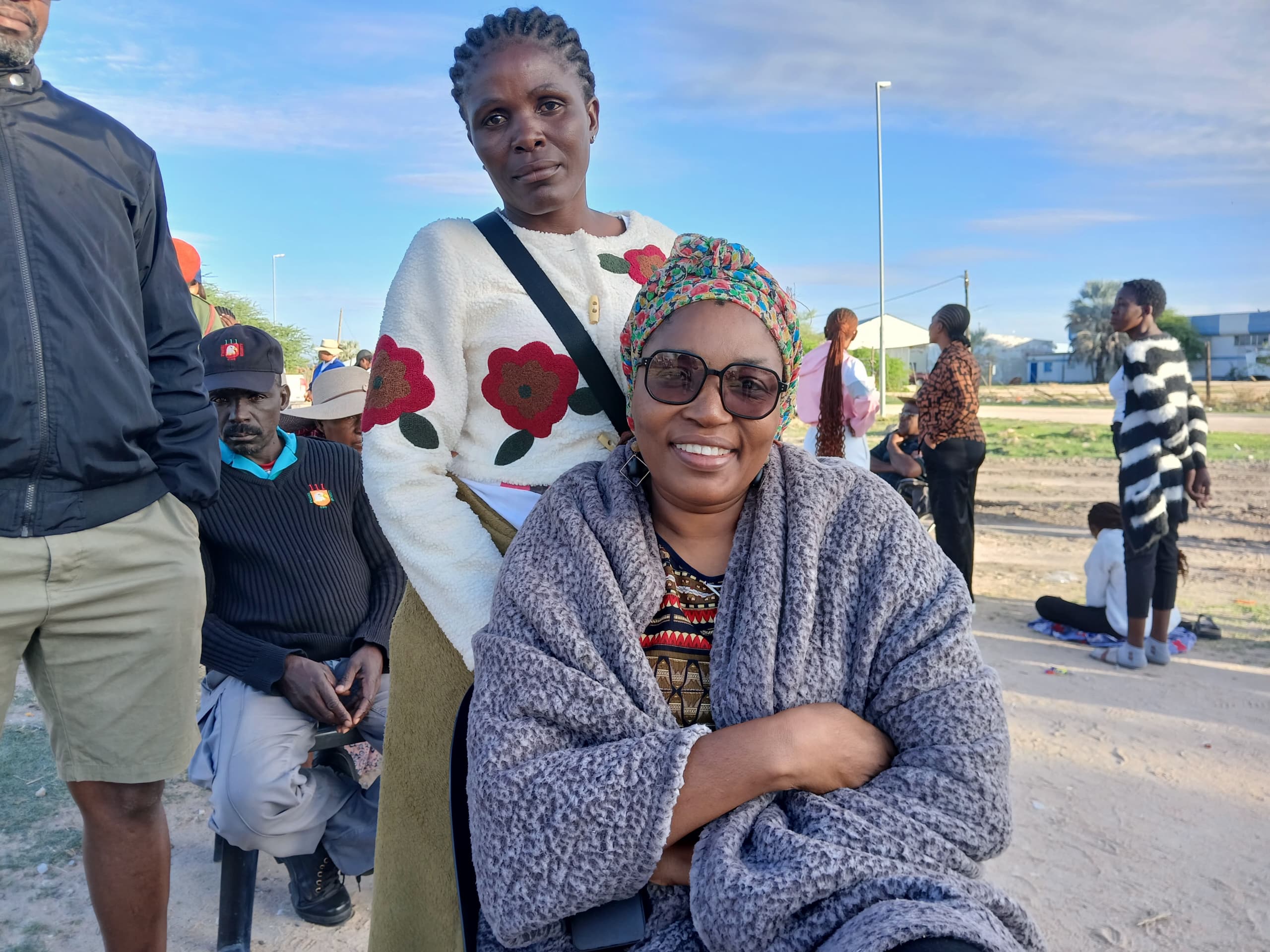Prime minister Saara Kuugongelwa-Amadhila says the government would consider a motion supporting the introduction of paternity leave.
“The investigations we are conducting include paternity leave,” she says.
Kuugongelwa-Amadhila was this week contributing to the motion tabled in the National Assembly by Popular Democratic Movement (PDM) member Winnie Moongo, calling for five months’ maternity leave with full pay and the introduction of paternity leave to Namibia’s legal framework.
Kuugongelwa-Amadhila said the government’s efforts are at an advanced stage.
“ … as indicated, there are certain circumstances that may warrant that the father comes in to support where the mother is rendered unable by illness, for example, or they unfortunately passed away during the delivery of the child,” she said.
The Social Security Commission (SSC) has not made any recommendation to the Ministry of Labour, Industrial Relations and Employment Creation to introduce paternity leave to the Labour Act yet.
During the same debate, labour minister Utoni Nujoma said the act does not cater for paternity leave in its current form.
“The Labour Act is under review. It is noted that the issue of paternity leave should possibly be included,” he said.
LONGER MATERNITY LEAVE
The prime minister also acknowledged that the current benefit structure for maternity leave needs to be revisited.
SCC chief executive Milka Mungunda said the commission has started consultations to increase the period of maternity leave from three to four months, along with benefits.
She was commenting on a motion which was tabled in September.
Kuugongelwa-Amadhila said the current maternity leave dispensation could be improved significantly, labelling it as “suboptimal”.
Currently, expecting women receive a maximum of N$13 000 per month – regardless of their salary structure.
The new benefit involves 100% of women’s basic wage, with a maximum of N$15 000 per month.
The amended maternity leave benefits are payable over a maximum of 12 weeks.
WORKING UNTIL THE LAST MINUTE
Expecting women previously opted to work until their due date to avert potential financial losses.
Therefore, in the public service, the prime minister said, they have been observing that women would opt to use their annual leave to avoid their salaries being cut by 50%.
“That is what I did when I had my two children. I didn’t go on maternity leave, I went on vacation leave so that I do not lose the benefits,” she said.
In response to this some parliamentarians accused the prime minister of cheating the system.
Kuugongelwa-Amadhila said the system cheated her, because she did not rest during her maternity leave period.
‘GRADUAL APPROACH’
Nujoma said increasing benefits would not have the best consequences for the Maternity, Sickness and Death (MSD) benefit fund.
“The impact of removing the insurable earning ceiling is expected to be detrimental to the MSD fund at this stage,” he said.
He suggested a gradual approach over time to ensure the sustainability of the fund.
Nujoma said the provision of extended maternity leave could be considered.
“Full pay during the period of maternity leave would require an actuarial valuation,” he said.
Landless People’s Movement leader Bernadus Swartbooi on Wednesday joined the call for paternity leave to be introduced to Namibia’s law books, saying a single gender should not be overemphasised.
He said there are instances where women experience no work and no pay after falling pregnant.
Swartbooi said the N$15 000 maximum maternity benefit means little considering Windhoek’s cost of living.
“You are actually punishing the woman, who may be better qualified than a man. Simply because she got pregnant her salary must be reduced by 50%. Is it correct?” he asked.
Swartbooi agreed with Nujoma on the economical impact the motion could have in terms of full pay while on maternity leave, as well as paternity leave.
“The statistics show that we have about 27 births per 1 000 people per year. That is not very high, but when you aggregate this number and you add a father, you may deplete the sustainability funds that run this affair.”
He suggested the SSC conduct a study on the motion to determine its sustainability.
He also suggested job sharing.
“This is done in advanced countries, where if someone goes on maternity leave, an experienced person can be taken for four or five months so that a company doesn’t lose its productivity,” he said.
Deputy minister of health and social services Ester Muinjangue advocated the “special protection of new mothers”.
“Special protection is important for pregnant women and women workers who are breastfeeding to prevent harm to their babies’ health or their cognitive development, which depends on a loving bond with a parent – in most cases the mother,” she said.
Muinjangue told fellow members of parliament longer maternity leave would allow mothers to breastfeed without interruption.
Stay informed with The Namibian – your source for credible journalism. Get in-depth reporting and opinions for
only N$85 a month. Invest in journalism, invest in democracy –
Subscribe Now!






